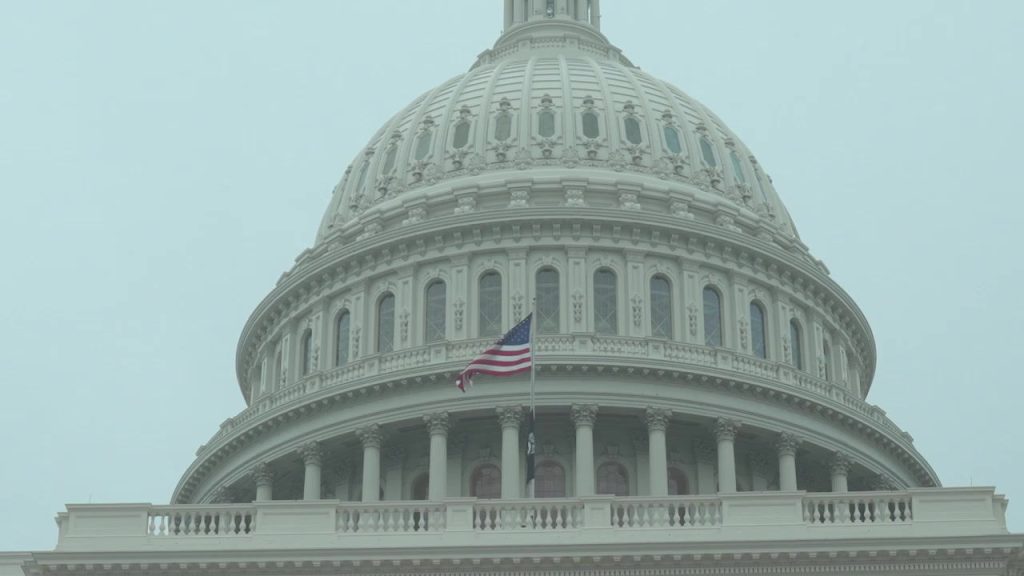Florida is at the center of a heated debate over property tax elimination, with the state legislature considering multiple bills aimed at reducing or eliminating property taxes. This issue has sparked significant discussion among residents, lawmakers, and community leaders, as it could have far-reaching implications for local services, government authority, and homeowners.
In this article, we will explore what property taxes are, how they function in Florida, the proposed changes, and the potential consequences of eliminating them. We’ll also look at the political landscape surrounding this issue and the arguments from both supporters and critics.
What Are Property Taxes?
Property taxes are fees paid by homeowners based on the assessed value of their property. These taxes fund essential local services such as police and fire departments, schools, parks, libraries, and road maintenance. Unlike income taxes, which go to federal and state governments, property taxes support local communities directly.
In Florida, property taxes are calculated using a three-step process:
- Assessment Value: The county property appraiser determines the assessed value of your home.
- Millage Rate: Local taxing authorities apply a millage rate, which is the amount of tax per $1,000 of assessed value.
- Exemptions: Eligible exemptions, such as the homestead exemption, are subtracted from the total.
The result is the amount you pay in property taxes each year.
What Do Property Taxes Pay For in Florida?
Property taxes in Florida support a wide range of public services that are vital to community well-being. These include:
- Police and fire departments
- 911 dispatchers
- Emergency management
- Road maintenance
- Schools
- Parks and recreation
- Libraries
- Public health services
- Local government operations
These services are often funded almost entirely by property taxes, making them a critical source of revenue for cities, counties, and school districts.
How Are Property Taxes Calculated in Florida?
As mentioned earlier, property taxes in Florida are calculated using a combination of assessment value, millage rates, and exemptions. The millage rate is determined by local taxing authorities and can vary significantly across different regions of the state.
For example, a millage rate of 10 would mean paying $10 in tax for every $1,000 of taxable property value. The assessed value of a property is generally lower than its market value, which helps keep tax bills more manageable.
What Property Tax Exemptions Are Available?
Florida offers several property tax exemptions to help reduce the burden on certain groups. The most notable is the homestead exemption, which decreases the taxable value of a primary residence by up to $50,000. Homeowners who qualify for this exemption also receive the Save Our Homes limitation, which caps annual property tax increases at 3% regardless of changes in property values.
Other exemptions include:
- Military and veteran exemptions
- Senior citizen exemptions (for those 65 and older)
- Disability exemptions
- Homestead exemptions for property insurance holders
These exemptions provide relief to specific groups and help ensure that property taxes remain affordable for many residents.
Who Gets Money From Property Taxes?
Property tax revenue is distributed among various local agencies, including:
- County governments
- City governments (if applicable)
- Local school districts
- Water management districts
- Special districts
Each of these entities sets its own tax rates based on budgetary needs and must undergo public hearings and state oversight before implementing new rates.
Homeowners receive a Truth in Millage (TRIM) notice annually, which details how millage rates were calculated and provides an estimate of future tax bills.
What Happens If Florida Reduces or Eliminates Property Taxes?
While the idea of reducing or eliminating property taxes sounds appealing, it comes with significant trade-offs. Critics argue that cutting property taxes would lead to reduced funding for essential services, potentially resulting in cuts to police, fire departments, schools, and infrastructure maintenance.
According to the Florida Policy Institute, eliminating property taxes on homesteaded properties could cost counties and school districts approximately $7.8 billion annually, while cities would lose around $3 billion. These losses would force local governments to make difficult choices about where to cut spending, which could negatively impact residents.
Additionally, some argue that reducing property taxes would further erode the authority of local governments, limiting their ability to make decisions that best serve their communities.
What Property Tax Bills Are Being Debated?
The Florida House has introduced eight bills aimed at reducing or eliminating property taxes. Here’s a brief overview of the key proposals:
- HB 215: Requires property tax rate proposals to win a two-thirds vote in the legislature.
- HB 201: Would eliminate all property taxes except for school district levies for homesteaders, starting in 2027.
- HB 203: Phases out non-school property taxes for homesteaders over 10 years.
- HB 205: Eliminates non-school property taxes for homesteaders over 65.
- HB 207: Increases the homestead exemption for non-school taxes to 25% of the assessed value.
- HB 209: Adds a $100,000 homestead exemption for those with property insurance.
- HB 211: Removes the $500,000 cap on transferring homestead exemptions between properties.
- HB 213: Lowers the annual growth cap on assessed values for homestead properties.
These bills reflect a range of approaches to property tax reform, but none of them are likely to pass without significant debate and public input.
What Happens If the Property Tax Bills Are Approved?
Any proposed changes to property taxes would need to be approved by voters. Each bill would first require 60% support in both the House and Senate to appear on the ballot. Then, 60% of voters would need to approve the changes in a statewide election.
This high threshold ensures that any major shift in property tax policy would have broad public support, reflecting the importance of the issue to Florida residents.
Governor DeSantis’ Proposal for Property Tax Relief
Governor Ron DeSantis has been a vocal advocate for property tax relief, proposing a $1,000 rebate for each homesteaded property in Florida. This rebate, issued in December 2025, would cover state-mandated school property taxes, ensuring full funding for school districts while providing immediate relief to homeowners.
DeSantis emphasized that this proposal is a step toward his long-term goal of eliminating property taxes through a constitutional amendment. However, he acknowledged that such a change would require voter approval in 2026.
“Property taxes effectively require homeowners to pay rent to the government,” DeSantis said. “Constitutional protections for Florida homeowners require approval of the voters in 2026.”
He called on the legislature to act quickly to implement the rebate plan, leveraging Florida’s strong fiscal position to benefit residents.
What Is the Current Property Tax Rate in Florida?
As of 2024, Florida’s effective property tax rate was 0.91%, below the national average of 1.02%. New Jersey had the highest rate at 2.23%.
More than 80% of Florida’s counties have kept their millage rates the same or even lowered them since 2019, according to data from the Florida Association of Counties. This trend suggests that property tax burdens have remained relatively stable in many parts of the state.
The Political Landscape Around Property Tax Elimination
The push to eliminate property taxes has become a key issue in Florida politics, particularly for Governor Ron DeSantis and the Republican-led legislature. DeSantis has consistently criticized property taxes, calling them a form of “rent to the government” and advocating for legislative reforms to reduce or eliminate them.
However, critics argue that these efforts are more about political theater than genuine reform. They point to the complexity of the issue and the potential consequences of reducing property tax revenue, which could undermine essential services and local governance.
Some lawmakers have also raised concerns about the feasibility of fully eliminating property taxes, noting that it would require significant changes to the state’s funding structure and could face legal challenges.
Conclusion: The Future of Property Taxes in Florida
The debate over property tax elimination in Florida is far from over. While some see it as a way to provide relief to homeowners and reduce government overreach, others warn of the risks associated with cutting off a critical source of revenue for local services.
As the legislature continues to consider various bills, the outcome will depend on the balance between taxpayer relief and the need to maintain essential community services. Whether or not property taxes are eliminated in the near future, the conversation highlights the ongoing tension between individual financial interests and the collective needs of local governments.
Stay updated with the latest news on property tax reform and other trending topics in the United States.
Author: John Martinez
Title/Role: Senior Journalist & Political Analyst
Credentials: John Martinez is a seasoned journalist with over 15 years of experience covering U.S. politics and economic policy. He has written extensively on taxation, housing, and local governance issues.
Profile Link: https://www.johnmartineznews.com
Sources:
1. Florida Department of Revenue
2. Florida Association of Counties
3. Florida Policy Institute
Image Placeholder:
Image Placeholder: 
Image Placeholder: 
Image Placeholder: 
Image Placeholder: 










More Stories
US Trending News: Affiliate Secrets Review
US Trending News: Understanding Alameda County Property Tax
Understanding Alameda Property Tax: A Complete Guide for Homeowners